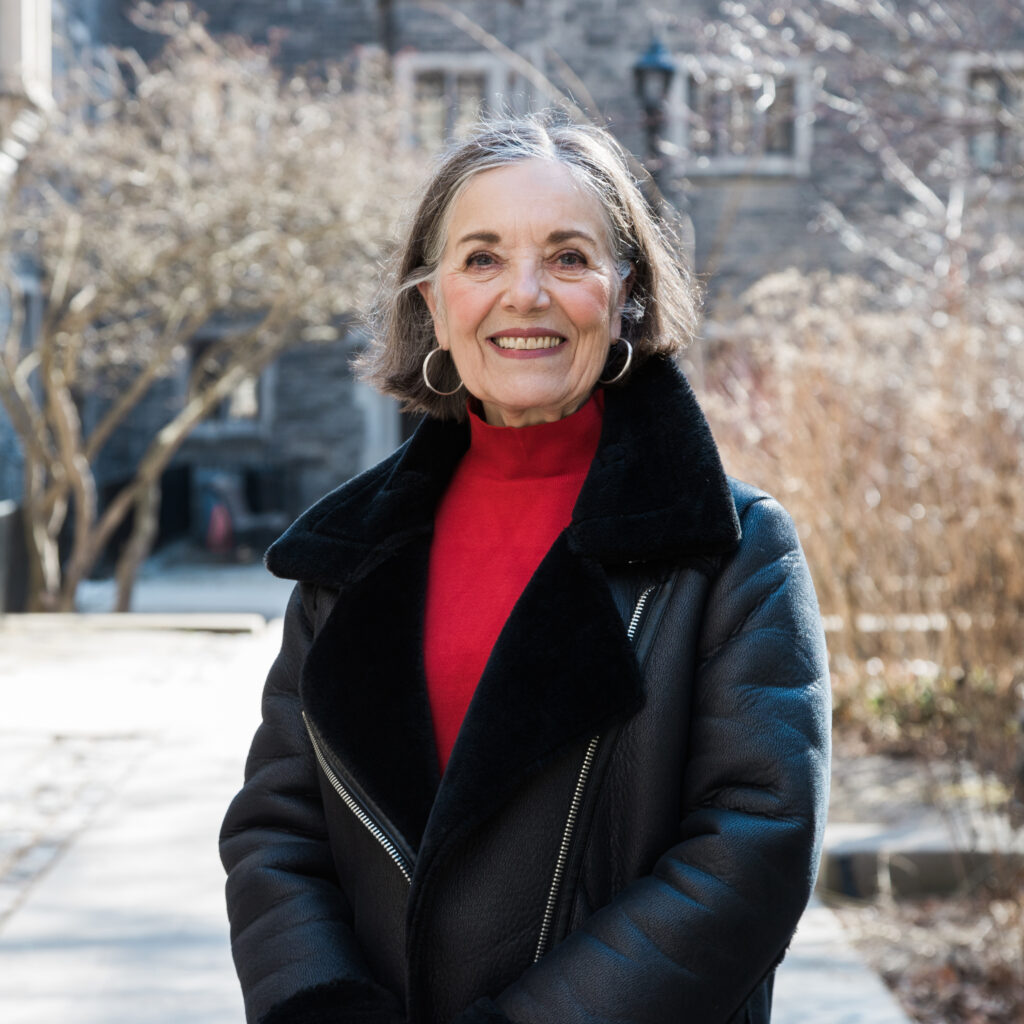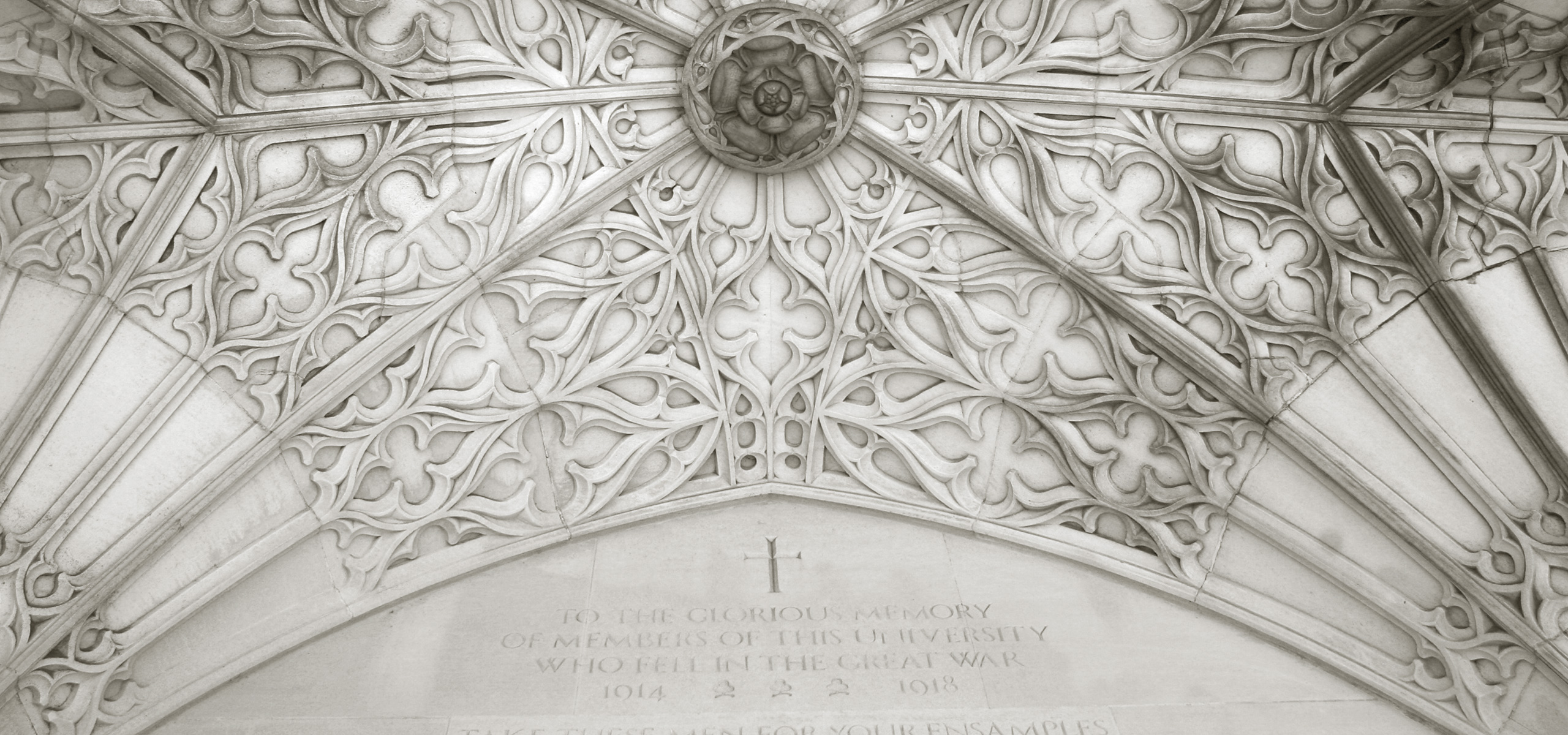Wendy Cecil, chair of the Presidents’ Circle, on the importance of student aid and why she’s a lifelong volunteer

Wendy Cecil (BA VIC 1971, Hon LLD 2005), chair of the University of Toronto Presidents’ Circle and the Victoria University Defy Gravity campaign, has participated in four fundraising campaigns at U of T and held more than 40 volunteer and mentorship roles. The former chair of U of T’s Governing Council answered questions about her motivations for volunteering and giving, her advice for incoming students and why the Defy Gravity campaign is vital to U of T’s future.
As the chair of the Presidents’ Circle (comprising University of Toronto donors who give at least $1,827 annually), how do you describe its importance to U of T’s mission?
The Presidents’ Circle is a donor recognition group, so we host lectures and interesting social gatherings throughout the year. Many of these events are held on campus, so they trigger memories of the donors’ years at U of T, which in turn cause them to reflect on their personal journeys since they were students and how their U of T experience helped shape their success in life.
The large, generous membership of the Presidents’ Circle demonstrates to government that U of T is valued and supported by its alumni. Many of our members are faculty and staff, which also demonstrates that our community believes in and gives financial support to the university’s mission.

